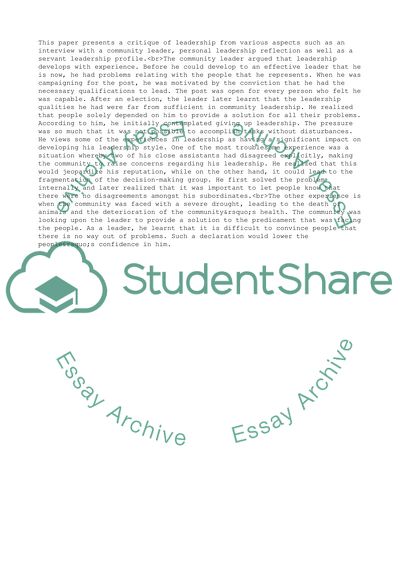Cite this document
(Comprehensive Leadership - A Culturally Sensitive Approach to Organiza Case Study, n.d.)
Comprehensive Leadership - A Culturally Sensitive Approach to Organiza Case Study. Retrieved from https://studentshare.org/management/1729773-comprehensive-leadership-paper
Comprehensive Leadership - A Culturally Sensitive Approach to Organiza Case Study. Retrieved from https://studentshare.org/management/1729773-comprehensive-leadership-paper
(Comprehensive Leadership - A Culturally Sensitive Approach to Organiza Case Study)
Comprehensive Leadership - A Culturally Sensitive Approach to Organiza Case Study. https://studentshare.org/management/1729773-comprehensive-leadership-paper.
Comprehensive Leadership - A Culturally Sensitive Approach to Organiza Case Study. https://studentshare.org/management/1729773-comprehensive-leadership-paper.
“Comprehensive Leadership - A Culturally Sensitive Approach to Organiza Case Study”, n.d. https://studentshare.org/management/1729773-comprehensive-leadership-paper.


